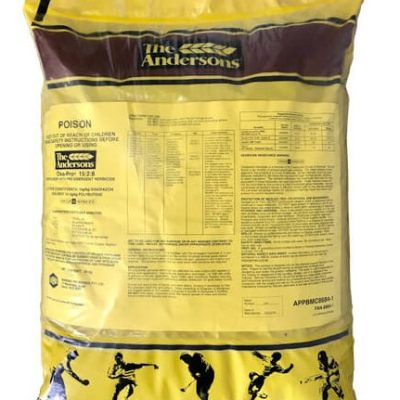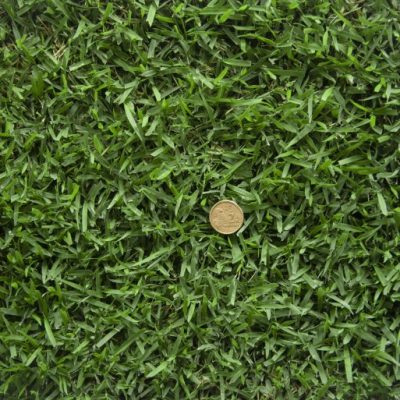
Warm season grasses go into varying levels of dormancy during winter depending on where you live? In the colder parts of Australia the dormancy is more extreme than the warmer parts, where quite often all you will experience is a slowing down in vigour and growth. Be aware that your lawn is at its most vulnerable during winter so treat it with care.
Compaction
Compaction can be a bit of a problem over winter, particularly in high wear areas or if you have a bit of wet weather. Try to avoid traffic on your lawn wherever possible, or regularly aerate any areas, which cannot be avoided, to help loosen the soil. The same applies after heavy rains, particularly if water tends to pool or the soil gets a bit waterlogged. This will help the air get to the root zone, allowing your lawn to breathe and avoid suffocation in heavy compacted soil.
Mowing
Keep your lawn on the longer side in winter for better photosynthesis and food supply. This also helps insulate against frost. You should start raising the mower blades in autumn up a couple of notches and keep it this way until spring. Remove only the top of the leaf blade and no more. Winter is also a great time to do some maintenance work on your trusty mower. Spark plugs, oil and mower blades might all need the once-over to ensure your mower is ready for spring!
Winter Weeds
Winter weeds such as winter grass and a large range of broadleaf weeds like clover, dandelion and thistle can be very problematic as your lawn finds it harder to out compete them. The trick is to get right onto them as soon as they appear and don’t let them get out of hand or set seed. One year’s seeding is seven years weeding!! We recommend the use of Oxafert at the end of February with a follow up treatment three months after the first application.
Leaves & Shade
Remove any leaves quickly from your lawn as these restrict light and affect the plants ability to photosynthesise. In shady areas keep the lawn even longer and try to stay off it to avoid stress and damage from wear and tear.
Water
Water far less through winter, and only if your lawn really needs it. Over watering is a complete waste of water, time and money and can often do more harm than good.










 Australia's largest network of turf specialists
Australia's largest network of turf specialists